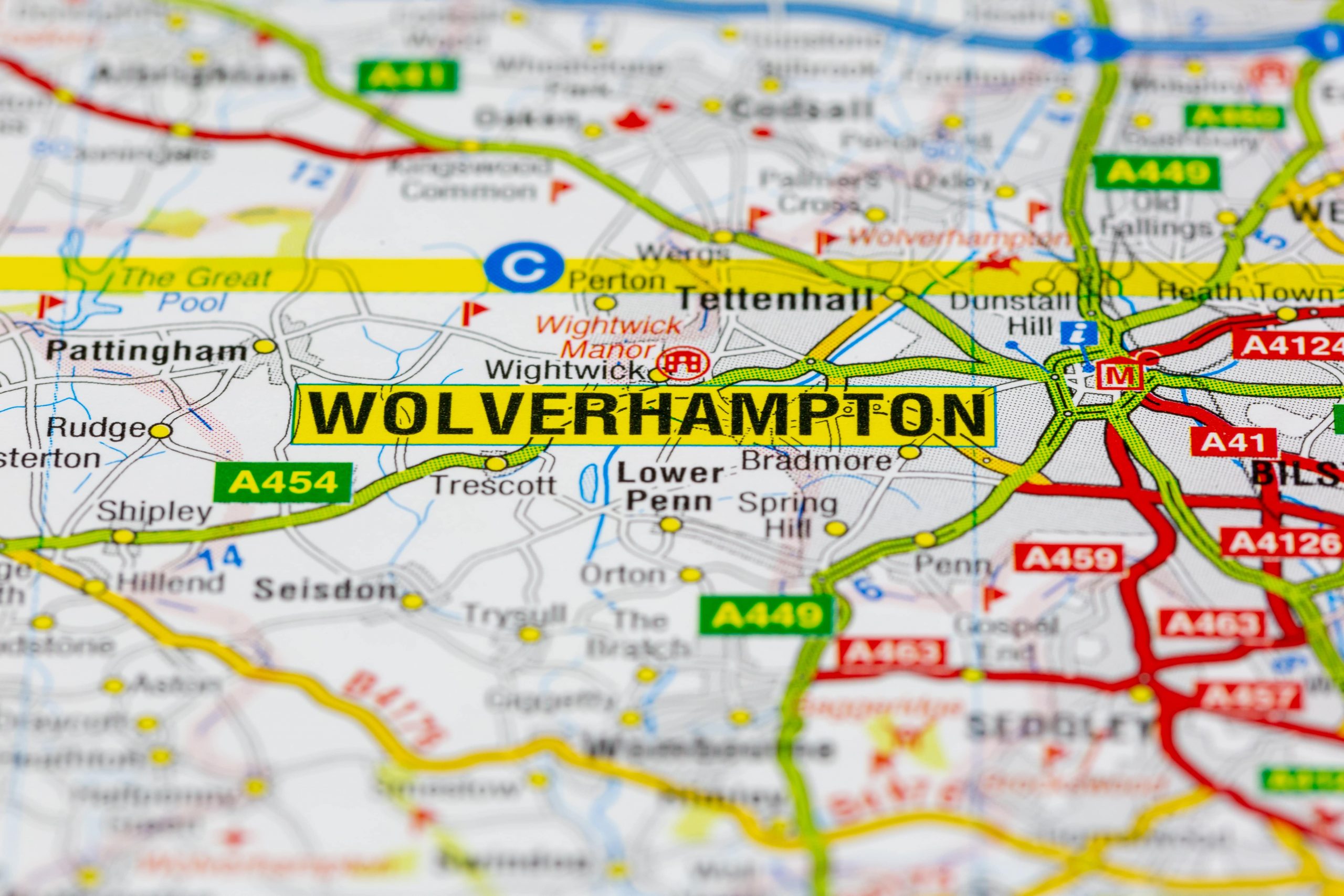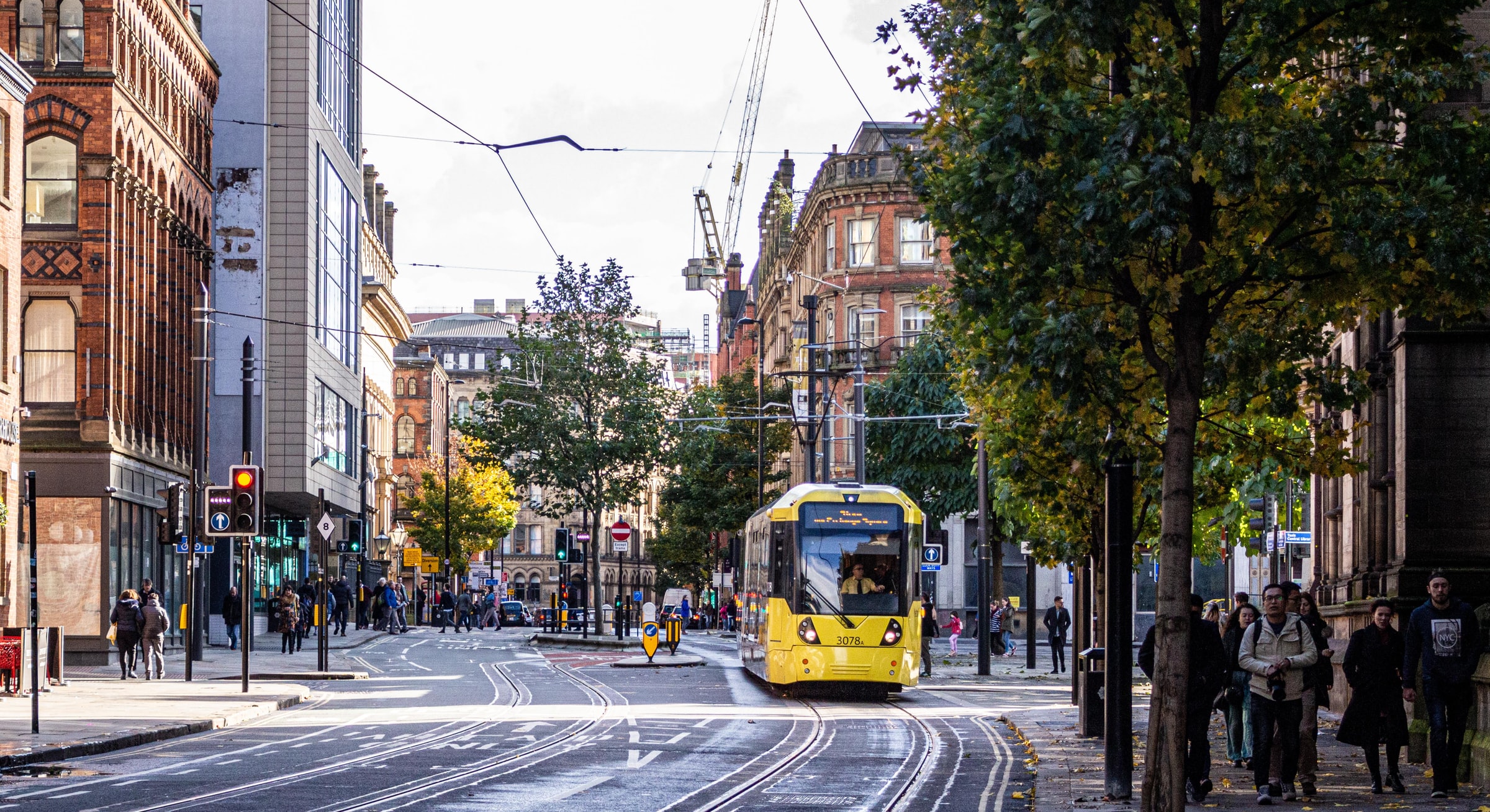Wolverhampton Smart City: Putting The Midlands On The Map

As more and more communities across the UK attempt to become smarter, greener and better connected, Wolverhampton is determined to put the midlands on the map for sustainability. Housing Industry Leaders highlights the key projects happening in the city.
One of the key developments in the Wolverhampton Solar farm hospital is under construction. The 12-hectare scheme is being developed on a former landfill site next to New Cross Hospital in Wolverhampton.
It is thought to be the first hospital in England to be powered by a solar farm, and the £11m projects will save around £1m each year on energy bills. Coming at the perfect time as energy bills reached a record high, Wolverhampton hopes to set the benchmark for other hospitals in the UK to follow.
There are already existing green energy sources, including harnessing heat from a waste incinerator in a heta and power system. With these green energy measures, the hospital will be able to run ¾ of the year on renewable energy.
Making Use Of Brownfield Land Is Essential For Wolverhampton
Speaking to Housing Industry Leaders, Cllr Steve Evans explained the importance of using brownfield sites and using limited space in Wolverhampton. He said: “It is unbelievably crucial because this is a large area, a brownfield site and formerly a landfill site.
“Yet, we were going to put solar panels there in conjunction with the Royal Wolverhampton hospital trust, who was able to obtain funding on the land,” he continued.
The scale of the solar panels is vast, covering the size of 21 football pitches and will supply around 75% of the hospital’s energy. Steve added: “So, they’ll have fully clean green energy, supporting accident and emergency and hospital wards. That’s good for the environment and good for their bills.”
Also, when people think about the West Midlands and broader the West of the country, people think about Birmingham, so it’s pretty good to get Wolverhampton on the map for achievement
Separately, Wolverhampton is also working on reducing vehicle emissions in the city by encouraging a modal shift from cars to public transport and active travel.
“We’ve got several fascinating projects. One that caught my imagination is the standalone cycle lane on our ring road, between the Molyneux football ground, the city centre and the university quarters.”
Green Spaces Are Important For Younger Generations
Moving on from Wolvehampton’s more traditional industrial roots, green spaces are increasing across the city. In partnership with the Woodland Trust and several private organisations like Lloyds Banking Group, and Severn Trent Water Authority, several ‘mini forests’ appear over the city.
Through this scheme, the city will create mini forests, a Japanese concept, the size of a small football pitch and will have around 500 species planted.
Steve told Housing Industry Leaders: “We’ve had a lot of voluntary groups involved and lots of local schools. It’s perfect to see young people involved and raise awareness of how important it is to have some green spaces and protect the plant species and insect spaces that are attracted to those plants.”

